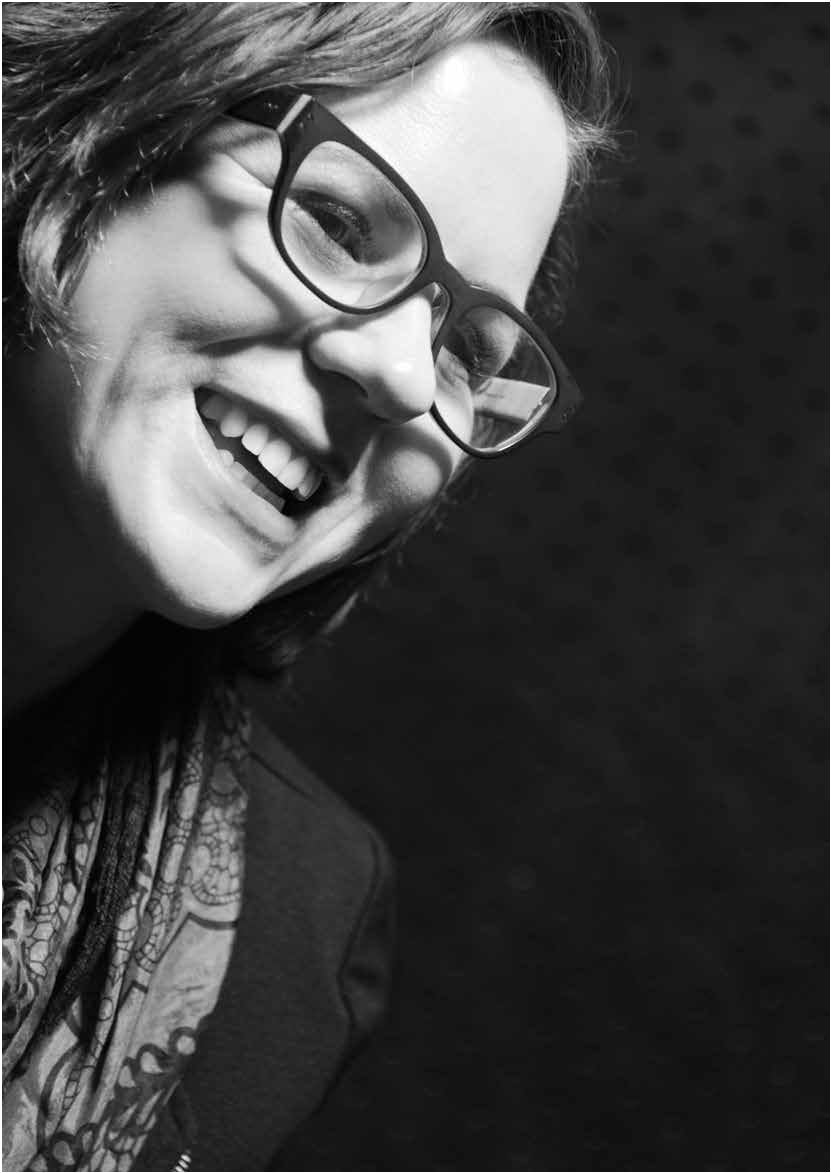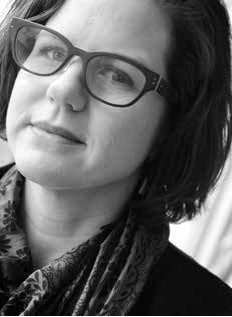Issue:


Anna Fifield, the Washington Post’s woman in Japan, specializes in reporting from fringe societies, sequestered communities that are cut off from the mainstream. In her distinguished career as a foreign correspondent, Fifield has tried to reveal the inner workings of the two Koreas, Iran, Washington, D.C. and, now, Japan. The focus is a natural fit for the New Zealander, born and brought up in an isolated town “at the bottom of the world.”
Fifield, the first in her family to go to university, covered her bedroom walls with posters from travel agen-cies instead of pop stars. “I always had an interest in the outside world and wanted to get out,” she said.
After a period working for wire agencies and her local paper, the Rotorua Daily Post, Fifield headed to London in 2001, aged 24. She got work experience at the Financial Times and then a job uploading articles onto the website. “I worked hard and volunteered for all the unpopular jobs on bank holiday weekends.”
A theme that stands out in Fifield’s early career is her formidable work ethic. After a year, she applied for the position of Belgrade correspondent, knowing she “didn’t stand a chance,” but with her eye on an interview with the foreign editor. “I read the Economist Intelligence Unit’s reports on Kosovo and I studied real-ly hard and got an interview.” When the job of Australasia correspondent came up shortly afterwards, she got the nod. Typically, she “worked really hard and wrote as much as I could,” and was rewarded with a staff position in Seoul.
“This was August 2004 and I couldn’t even say hello in Korean, I had never eaten kimchi, I had never been to Asia. It was scary and exciting, and very hard, but I really loved it.” Fifield spent three years covering everything from Samsung to K-pop to human rights, and made several investigative trips to North Korea.
HER NEXT POSTING WAS Tehran. She found it impossible to get a resident’s visa under the Ahmadinejad regime, which was notoriously hostile to foreign journalists, so found herself commuting between Seoul and Tehran. “It was their way to keep me on a short leash, to make me censor myself so that I would always be conscious of the need to get the next visa.”
After a year of the punishing schedule, Fifield moved to Beirut as Middle East correspondent, responsible for Lebanon, Syria, Iran and Iraq. If that beat sounds a little punchy today, back in 2008 it was an easy posting. As soon as she arrived, Lehman Bros collapsed, “so it was very hard to get anything non-financial crisis-related into the FT.” Blacklisted by Tehran (“I guess I failed the self-censorship test”), Fifield found herself “living on the Med, visiting wineries and writing the occasional story about Hezbollah,” thanks to an unusual period of stability in the Middle East. Lebanon had a stable government, “which it almost never does, Syria was coming in from the cold, everyone had Iraq fatigue, and I couldn’t get into Iran.” After a year, the FT took notice, and dispatched her to Washington to cover the White House.
Fifield missed the Arab Spring by a few months. “I would have felt pretty sore about that,” she said, “except that I had this little person who was exponentially more fun.” That was her son, born in 2010, and soon a veteran of political campaigns.
“I guess I failed the self-censorship test”
U.S. POLITICAL REPORTING, HOWEVER, did not appeal. “I enjoy getting out and talking to real people dust on boots reporting,” she said. “There are no real people and no dust in Washington.” After four years, fed up with a regime of several daily deadlines to cover all the FT’s global editions, Fifield won a year-long Nieman Fellowship at Harvard, studying how change happens in closed societies, a topic inspired by her experienc-es in North Korea and Tehran.
“But over the course of that year I realized that I really did love being a foreign correspondent and I needed to get back out in the world,” she said. In 2014, she was back in Asia, this time as Tokyo bureau chief for the Washington Post.
She is supported by translators in Tokyo and Seoul, and her mother, who moved from New Zealand to help Fifield take care of her son. “She enables me to travel at the drop of a hat I feel very lucky.
”Being a mother has helped Fifield explore a part of Japanese society that would otherwise have been inaccessible. “I am part of a working mum’s group at the school,” she said. “I get to talk to women working in Japanese companies, and hear how difficult it is for them. The kind of changes PM Abe is trying to make doesn’t really address the problem which is how Japanese men work. How can a mother do a full-time job if her husband is out 17 hours a day? You can open all the day care centers you like but you need to deal with the structural changes, and that is really hard.”
The challenge of change is a perennial theme in Japan, which, while no longer a closed society in the sense of North Korea or Iran, still has strong tendencies towards insularity and isolationism. This is exacerbated, says Fifield, by the shift in focus towards China, which has left Japan “undercovered.” She intends to fill that gap, with “stories about Japanese people, culture and life not just politics.”
Lucy Alexander is a freelance journalist and correspondent for the Times.

